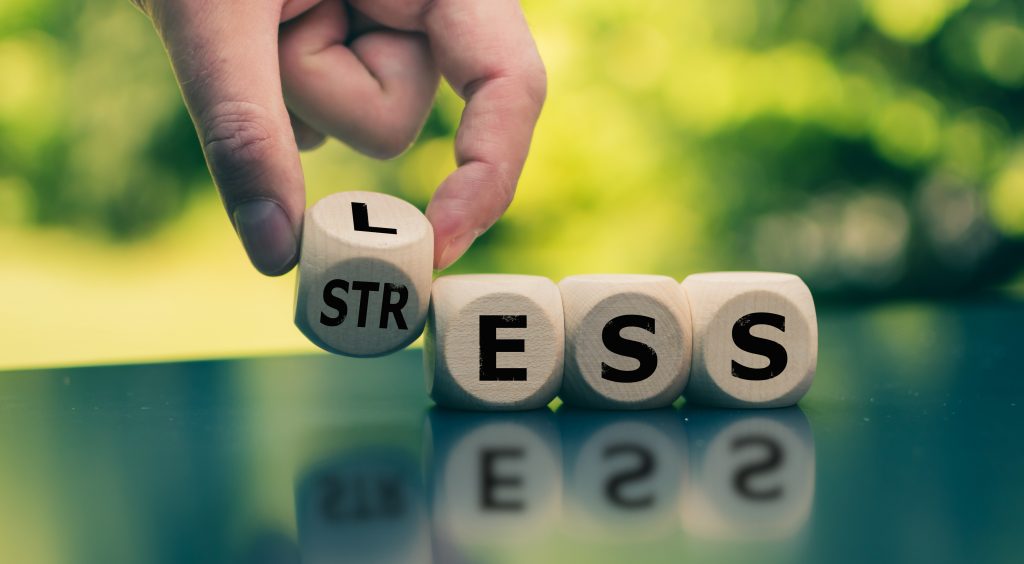We are all aware and familiar with stress.
Stress from stumping your toe, work deadlines, lack of sleep, finances, arguments with the spouse, car insurances, being attacked by a big angry bear.
Regardless of the stress, the biological response in the body is the same, adrenaline is released, alertness/anxiety is heightened, digestive activity is suppressed among other responses which we’ll have a look at later in the post.
Some of these stress factors are dealt with immediately whilst others linger around and keep that biological response ‘active’ ready to ‘deal with the threat’…only sometimes we aren’t aware there is even a threat and we can just subconsciously be pulled from pillar to post without the appropriate measures to address that ‘threat’…meanwhile your body’s systems are taking a constant battering in the background.
That may look like targeted rest and recovery, a walk, exercise, reading, talking about things, meditating, all sorts of measures can be adopted to help keep those cortisol levels (stress hormone) down, different methods and activities compliment different likes, personalities and appropriateness to the individual.
Stress can play a big role on our cognition, stress can mess with our thinking (rational/irrational), planning and organisation, especially our ability to focus and to manage our emotions. Being under constant stress can literally have emotionally…how shall I put it, bent over a barrel.
Stress plays a huge part towards the type of behaviours we exhibit, and it has a profound impact on the influence to what we eat, if, when or how we work out and sleep, how we interact with others, how we view the world, problem solve and understand scenarios. Each of these behaviours can compliment the other: A lack of sleep or adequate sleep can impact food choices and exercise activity, interactions and balance. So really, improving ones health and fitness is all about establishing and working with balance. Being constantly tired and smashing your head against the wall with work problems will only allow you to perform at that standard.
Physiologically, stress whacks our hormones, making us wanting to eat more, move less and store fat because the body (thinks..CRISIS, store energy). It motivates us to ‘seek rewards’…Which of course are good (in context), but what is an actual reward? Something that activates your brains appetite feel good chemicals at an epxense of something that makes us feel crap in the long term….damn you stress! Dopamine drives us to eat foods that are…’highly palatable’ or to seek alcohol. Short term yaaay, long term…damn I need to stop eating crap right? It’s not just about the choices alone, it’s all of the background mental work as well as that balance in life.
All of this….creates more stress, more mental stress and more physiological stress. It’s a vicious cycle or, one big s**t show for the balance, happiness and maintenance of a healthy lifestyle.
What scenarios stress you out? How does that impact other areas of your life? Are those areas of your life the areas where you seek that dopamine for a feel good ‘reward’ to make things better? Is that something that is leading to excessive weight gain and/or lethargy? Do you talk yourself out of exercise and a decent sleep pattern? See how it can spiral?
The key, identify the stress source, take it on, it could be down to perception, communication, standing your ground, making the call, talking to the person, understanding the big picture, if it’s right… changing the environment (that only works if you have took ownership for your actions, otherwise the new environment will have the same stress), it might be practicing mindfulness, becoming more scheduled, not beating yourself up, to stop focusing on the thing you don’t want, to make and set goals…man, the list goes on.
Regardless of your plan of action, running from things and not taking them on, will repeatedly throw up unwanted biological, behavioural and mental reactions to situations that limit the quality of life you deserve.
What does your daily stress management plan look like? How can it be one of balance without overwhelm? What are your goals and how does life look like for you on that plan? Don’t be afraid of the word plan, you can still enjoy the ‘guilty pleasures’ of life, as always, in context and moderation.
Lastly, life transformation isn’t a ‘click of the fingers’ type big bang change. The moment of the act to commit is, but the actions and systems take time, planning, failure, feedback and practice, give yourself that kindness to grow in your own time.

